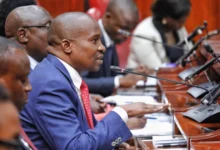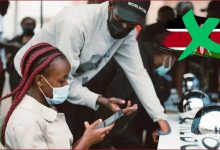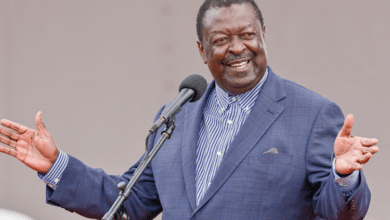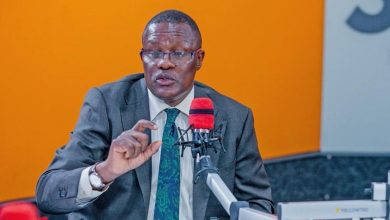
Following its suspension in August, Worldcoin, the cryptocurrency project of the American artificial intelligence company OpenAI, is scheduled to recommence operations in Kenya after talks with the government.
On August 2, during an unexpected rise in interest in Nairobi, the country’s capital, the crypto project was halted in Kenya due to worries about data security.
On Thursday, well-placed individuals in government circles revealed that a deal had been made to enable the US-based company to start up again under the new regulations.
“Operations are set to resume in early 2024. Worldcoin is working directly with regulators to meet Kenya’s requirements, particularly as the Assembly considers new regulations. Stipends will remain and will expand to locations across the country.”
On June 24, the Worldcoin project went live globally. However, despite its aspirations to create a decentralized global currency, the initiative ran into issues with privacy and the security of the biodata that the company was gathering from Kenyan citizens.
Read Also: Kenya Lawmakers Introduce Changes to Address Cryptocurrency Taxation
To verify oneself, one had to scan their eyes through an orb to receive a World ID digital identity.
All operations related to the cryptocurrency initiative were suspended by the government until appropriate agencies certified that there were no security issues.
After Worldcoin was suspended, Tools for Humanity (TFH) and Alex Blania, the CEO of the project who co-founded it with OpenAI CEO Sam Altman, said that they were delaying World ID verifications in Kenya to address the government’s concerns; however, they were hopeful that operations would resume in the country in the future.
On September 14, Interior Cabinet Secretary Kithure Kindiki informed the Senate that a forensic examination of the hardware components OpenAI utilized to gather data from Kenyans was being carried out by the government.
The minister of security stated that since Worldcoin was operating without official government permission, he was still not persuaded that its operations were safe.























